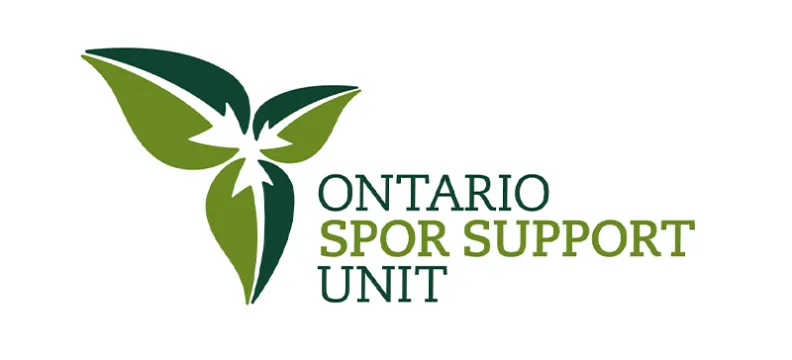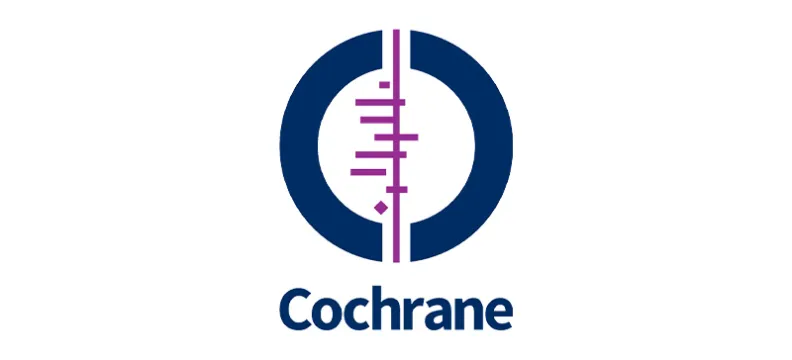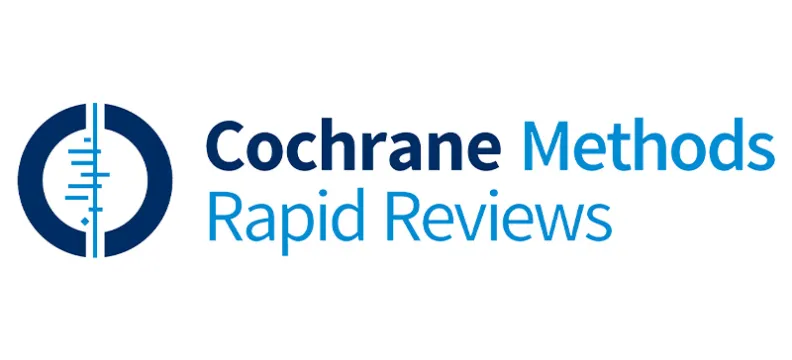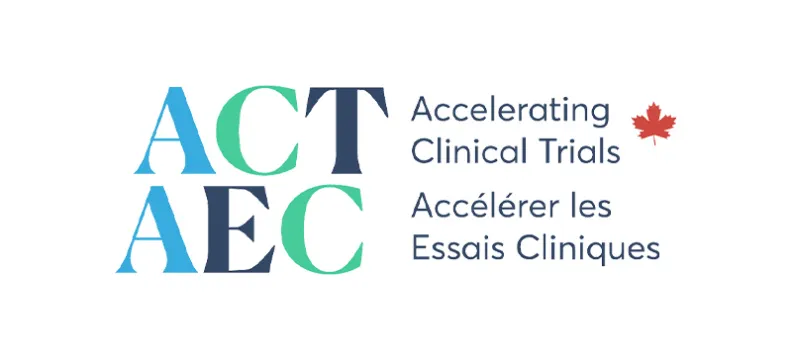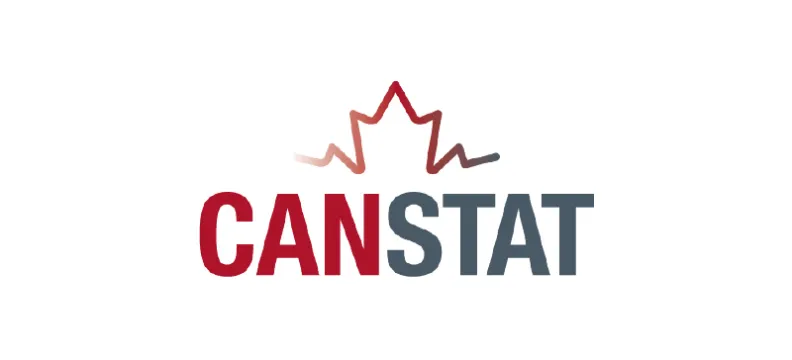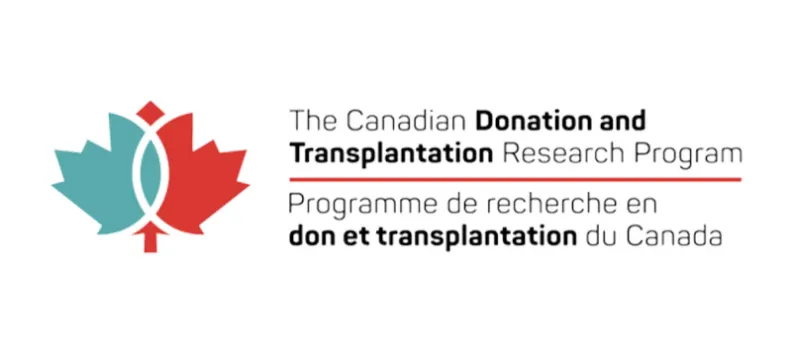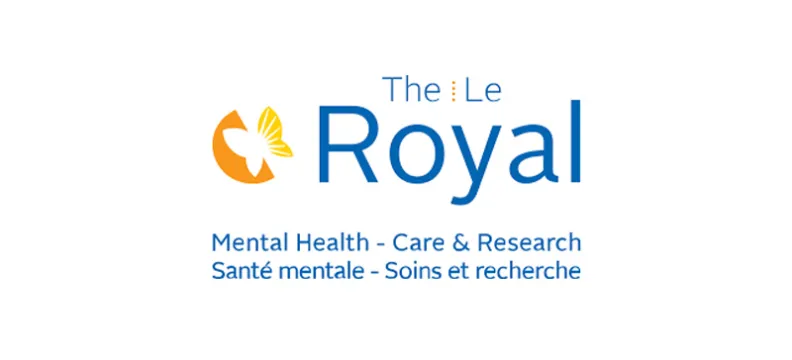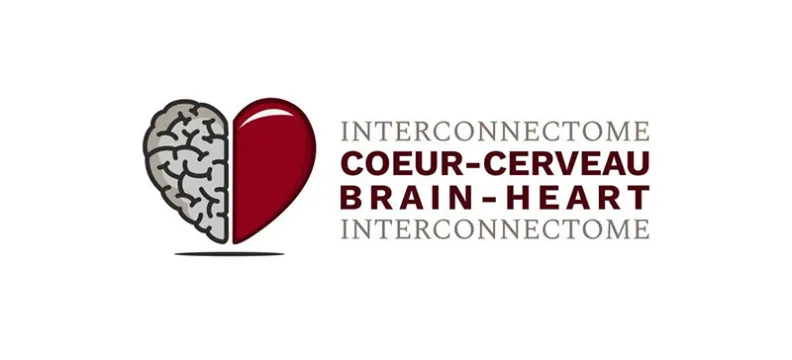Ottawa Methods Centre (OMC)
The Ottawa Methods Centre elevates clinical research by facilitating methodological excellence at The Ottawa Hospital. OMC has been at the forefront of world-class, practice-changing research since 2006 through robust, rigorous and transparent methods.
On this page:
Welcome to the Ottawa Methods Center where methodological excellence drives cutting edge research at the Ottawa Hospital and beyond. Since 2006, we have been trailblazers in enhancing and enabling world-class practice changing research, and our dedicated team of over 40 scientists and research support staff provides expertise and support at every stage of your research process.
With online question submissions, office hours, and in-depth consultations, we are here for you, in person and virtually.
We are not just researchers. We are your partners in practice changing discoveries. Book a consultation and start your research journey with us today.
Watch the one-minute video below for a quick overview of how our centre can help you with your research projects.
Services
Whether your project is funded or unfunded, we got you covered from simply framing your research question, to planning your study from guiding you through the analysis of your data or evaluating the cost-effectiveness of a new discovery to putting your findings into the hands of those who can put it to practical use.
We offer a range of services. Explore any of our service areas below and book a consultation.
Collaborations
The Ottawa Methods Centre (OMC) thanks its long-standing supporters, the Department of Medicine, the Department of Surgery, and the Department of Otolaryngology for the many opportunities to collaborate. Additionally, the OMC works closely with the following groups:
Acknowledging OMC Support
The Ottawa Methods Centre (OMC) is an integral and essential part of The Ottawa Hospital Research Institute, enhancing the productivity and collaboration between scientists, their staff, and students among diverse research programs. As such, we would like to encourage you to acknowledge the OMC in your publications. By acknowledging the use of the OMC, you are fostering the success and growth of our services. Acknowledgements help OMC demonstrate our value to the research community at TOH/OHRI and contribute to securing funding for continued business operations.
Acknowledgment Statement
Below are examples of acknowledgement statements you can adapt for use in your publications.
Acknowledgement in the Acknowledgement section of a manuscript
"We thank the Ottawa Methods Centre at The Ottawa Hospital Research Institute for their contribution to this publication."
Acknowledgement in the Materials and Methods of a manuscript
"[Description of activity] was/were performed by the Ottawa Methods Centre at The Ottawa Hospital Research Institute."
If OMC specialists have provided significant intellectual input or special effort to your project, it may be appropriate to consider authorship. For guidelines about authorship, we encourage you to consult with OHRI's Publication Officer.
Ask a Question
Please contact the Ottawa Methods Centre team using the form if you have any questions related to your research or how to work with us.

